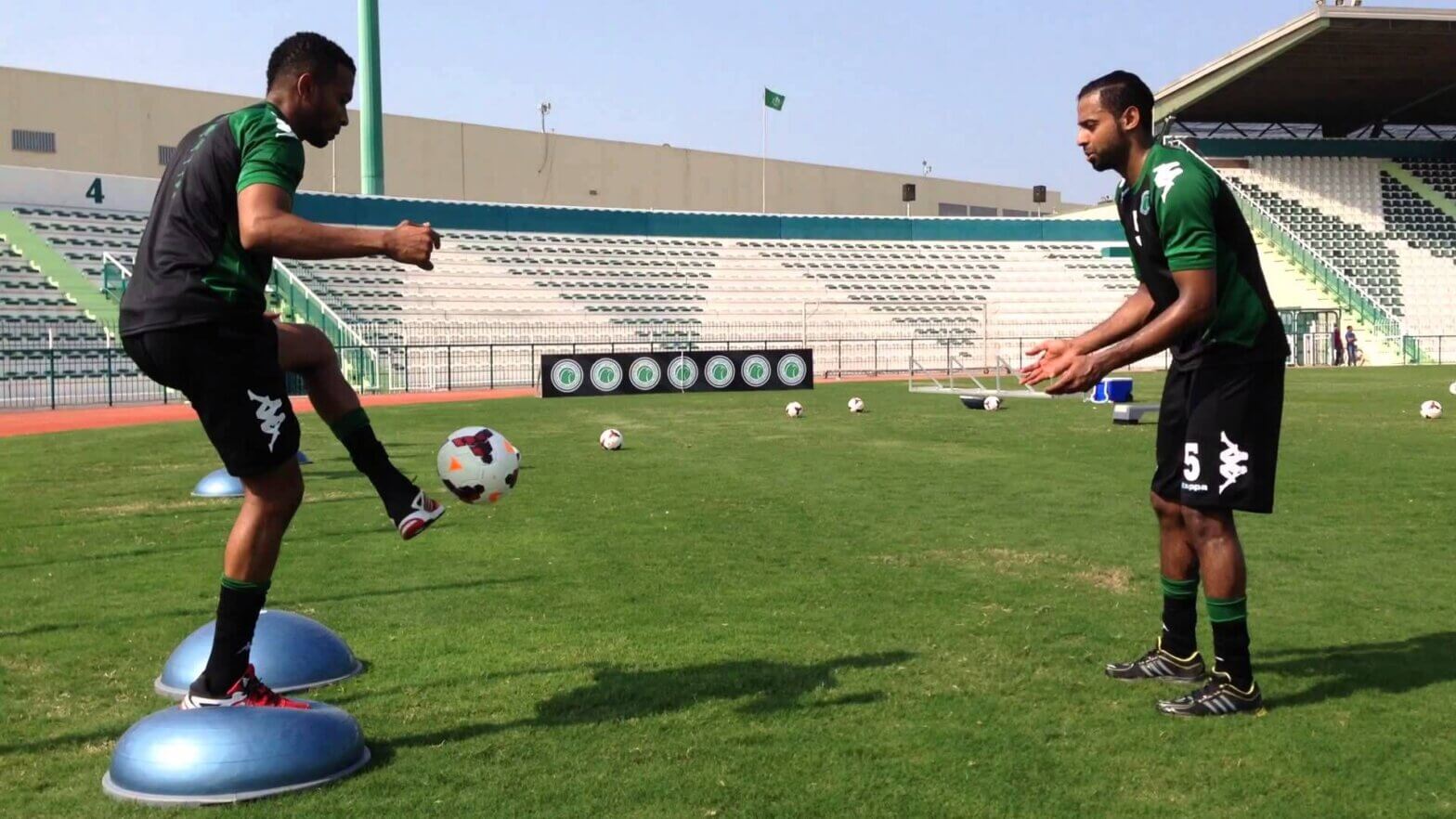Quadriceps inhibition after total knee arthroplasty (TKA) is a common problem that many patients experience during their recovery process. This condition, also known as arthrogenic muscle inhibition, occurs when the muscles in the quadriceps group become inactive and fail to contract effectively. This can lead to pain, stiffness, and difficulty with functional activities such as walking, standing up from a chair, or climbing stairs.
Fortunately, physical therapy can help address quadriceps inhibition after TKA. In this blog post, we will discuss the causes of quadriceps inhibition and the importance of physical therapy in restoring normal muscle function.
Causes of Quadriceps Inhibition After TKA
Several factors can contribute to quadriceps inhibition after TKA. These include:
- Surgery-related trauma to the quadriceps muscle and/or nerves.
- Prolonged immobilization and reduced activity levels following surgery.
- Pain and swelling in the knee joint, which can limit muscle activation.
- Muscle atrophy due to disuse.
- Neuromuscular changes that occur in response to joint damage and inflammation.
Importance of Physical Therapy
Physical therapy is an essential component of the rehabilitation process following TKA. Physical therapists play a crucial role in helping patients regain range of motion, strength, and functional mobility. They work closely with patients to develop individualized treatment plans that address specific impairments and functional limitations.
Physical therapy can help address quadriceps inhibition by:
- Reducing pain and swelling in the knee joint through modalities such as ice, compression, and elevation.
- Improving quadriceps activation and strength through exercises such as electrical stimulation, isometric contractions, and progressive resistance training.
- Enhancing neuromuscular control and coordination through activities that challenge balance and stability.
- Improving overall functional mobility and activity tolerance through gait training and other functional exercises.
If you have or are planning to undergo a total knee replacement, physical therapy will be an essential part of the recovery process. Call Respire Physical Therapy at 703-671-1871 or click here to schedule an evaluation with a Physical Therapist and get back to your favorite activities!
Tags: choosept, arlingtonva, alexandriava, fallschurchva, knee replacement, Physical Therapy, pain free living, Respire Physical Therapy, post operative care, physical therapist, total joint replacement, knee pain, TKA



